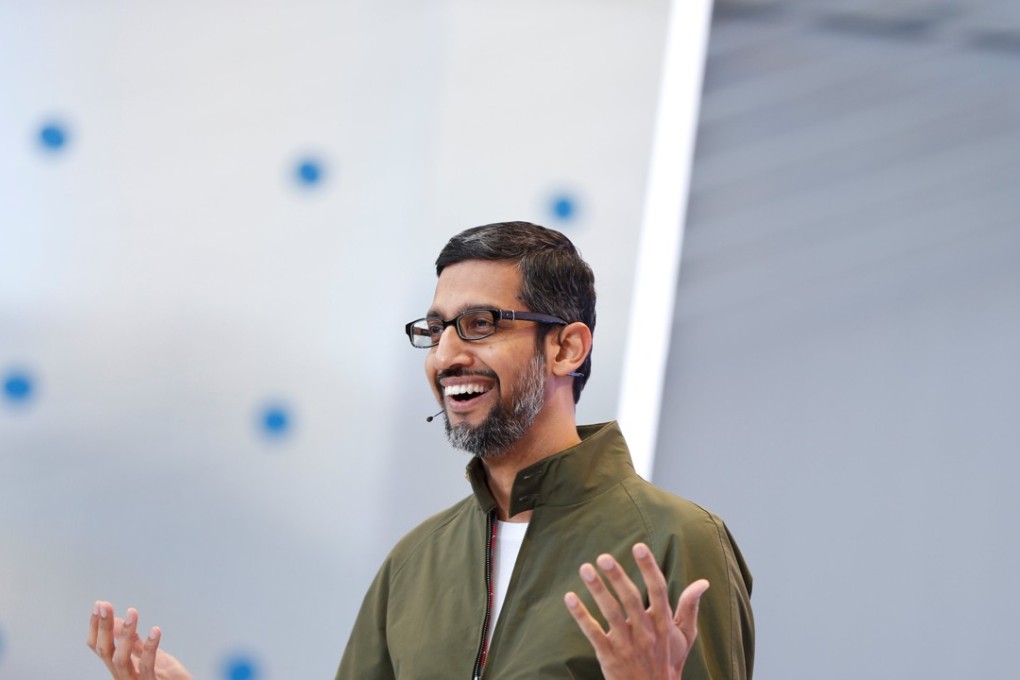While pragmatist Pichai ploughs into China, Google workers fume over concession to censorship
Pichai’s new leadership style and priorities haven’t always sat well with the Google rank and file, who see the company as a defender of the open web

Google staff awoke on Wednesday to surprising news: Their company is working on a search app tailored, and censored, for China. The project, kept secret from all but select teams and leaders, sparked a furious internal debate.
Yet the move could not have been entirely surprising for Googlers.
Sundar Pichai, Google's chief executive since 2015, has made no secret of his desire to take the search giant back to mainland China. The executive is more pragmatic about the world’s largest internet market than Google’s founders, who pulled search from the mainland in 2010 over censorship concerns.
Under Pichai, Google has invested in Chinese companies, met with its leaders and made it a priority to spread Google’s artificial intelligence (AI) technology across the country. But bringing search back would be Pichai’s boldest move yet and will put his personal stamp firmly on the company.
Co-founders Larry Page and Sergey Brin built Google to “organise the world’s information and make it universally available”. They viewed China as a threat to the company’s stance as a defender of the open web. Pichai, in contrast, sees China as a hotbed of engineering talent and an appealing market.
Pichai’s new leadership style and priorities have not always sat well with the Google rank and file. Within hours of the China search news breaking, several staff privately criticised the plans. Two employees who spoke to Bloomberg News compared it to Project Maven, a Google AI contract with the Pentagon that sparked an internal revolt earlier this year. The company is not renewing that deal.
Another person who has seen some early examples of the Chinese search app, code-named Dragonfly, described it as a “censorship engine". People trust Google to share true information and the Chinese search app is a betrayal of that, the employee said. The Google workers asked not to be identified because they are not permitted to discuss internal matters.